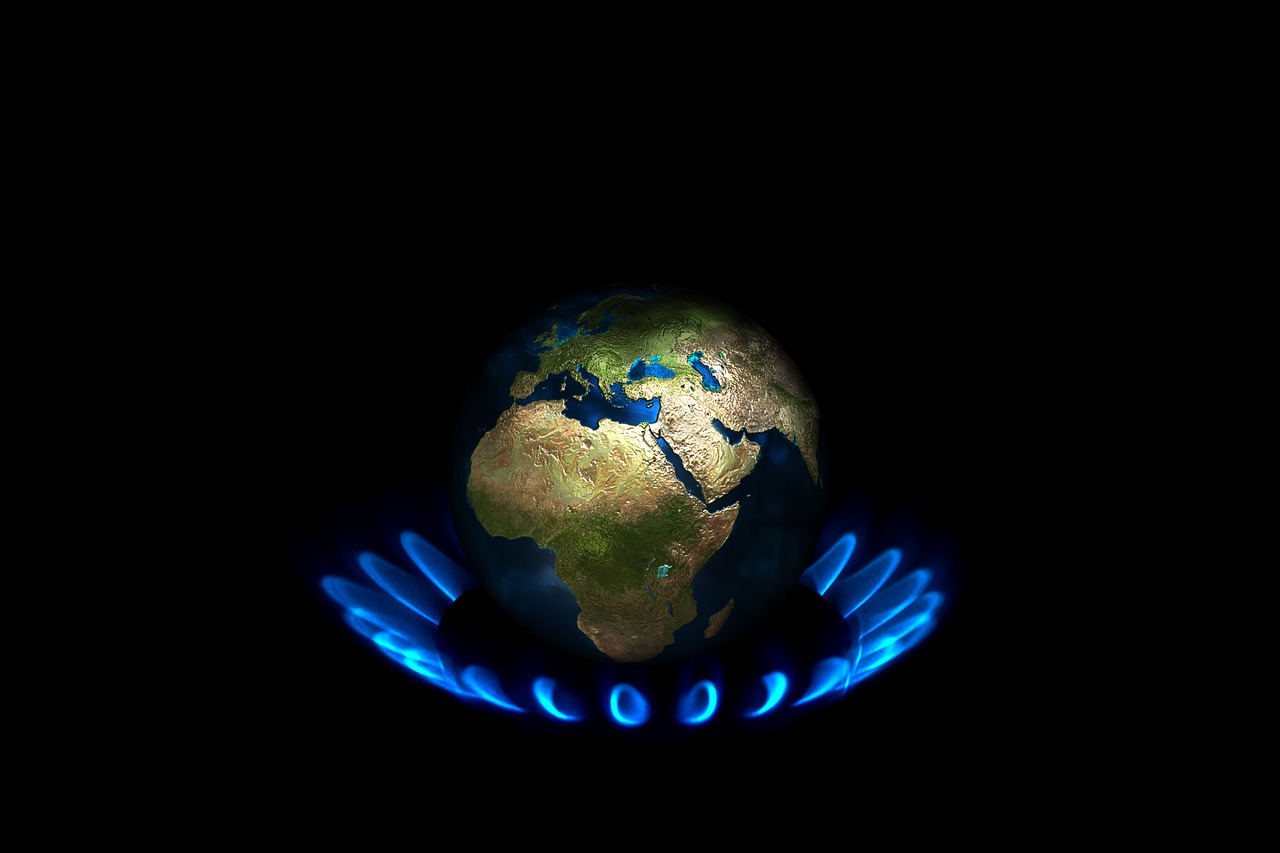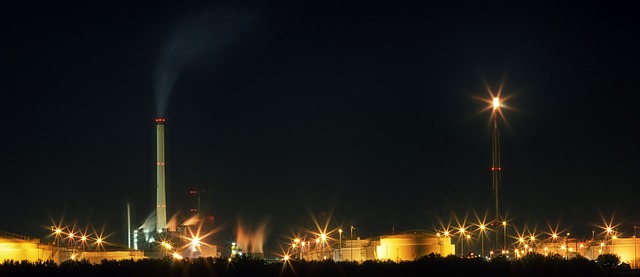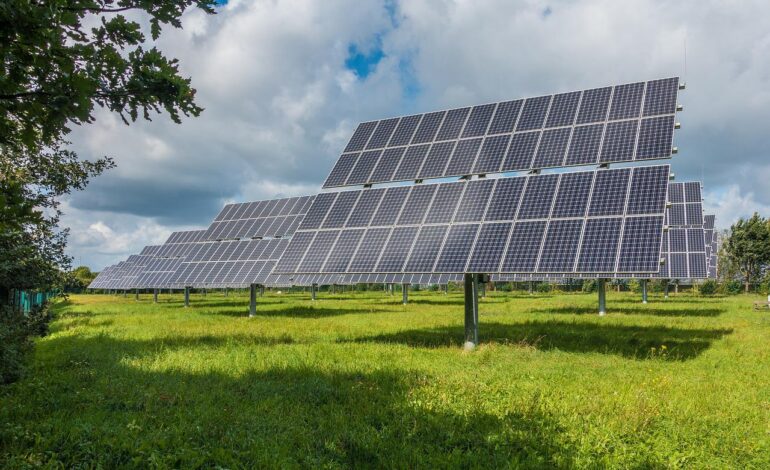Natural gas is an incredibly beneficial fuel source, and with its increasing usage across the country, it’s becoming increasingly prominent as an energy option. In fact, it’s considered to be one of the most affordable alternatives out there. It’s cheap to produce and even cheaper to use. However, that doesn’t mean that there aren’t any disadvantages to using natural gas either. In this article we will explore all of the downsides of using natural gas as your primary heating source in detail. This includes both pros and cons so you can make a more informed decision on whether or not it is right for you and your home.
Although natural gas is considered a clean-burning fuel source, it comes with certain disadvantages that you need to be aware of. The good thing is that there are ways to minimize these disadvantages and enjoy the benefits of using natural gas instead. Read on to find out more about the downsides of using natural gas as well as tips on how you can use this resource more responsibly.
Natural gas is a fossil fuel that has been used as a source of energy for heating, cooking, and generating electricity for many years. It is often touted as a cleaner and more efficient alternative to other fossil fuels, such as coal and oil, due to the lower levels of carbon dioxide emissions it produces when burned. However, there are also several disadvantages to using natural gas that should be considered.
- Environmental impacts: While natural gas does produce fewer emissions than other fossil fuels, it is still a significant contributor to greenhouse gas emissions and climate change. The extraction and transportation of natural gas also has significant environmental impacts, including the potential for water contamination and habitat destruction.
- Dependence on foreign sources: The United States is the world’s largest consumer of natural gas, but a significant portion of the natural gas we use is imported from other countries. This reliance on foreign sources can make us vulnerable to price fluctuations and supply disruptions.
- Limited reserves: Natural gas is a nonrenewable resource, meaning that it will eventually run out. While there are large reserves of natural gas, they are still finite and will eventually be exhausted. This means that we need to find alternative energy sources to ensure a sustainable future.
- Infrastructure costs: Natural gas pipelines and other infrastructure are expensive to build and maintain. These costs can be passed on to consumers in the form of higher energy bills.
- Explosion risk: Natural gas is highly flammable and can be dangerous if not handled properly. There have been numerous incidents of natural gas explosions and leaks, which can be harmful to both people and the environment.
In conclusion, while natural gas may have some advantages as an energy source, it also has several significant disadvantages that should be carefully considered. It is important to consider all of the potential impacts of using natural gas and to explore alternative energy sources that can help us to transition to a more sustainable and secure energy future.
What are the advantages of using Natural Gas as a heating source?
There are a number of reasons why you would consider using natural gas as your primary source of heating in your home. These include the fact that it is an extremely affordable option, is easy to install and maintain, and is safe to use.
Natural gas is also environmentally friendly, with less emissions and lower carbon emissions than other forms of heating. As a result, it also means that it is a relatively efficient fuel source. Natural gas systems are also easy to expand, which means that you can easily double the size of your home if you need to. This is great if you have a large family or if you simply have a larger home. The bottom line is that there are a number of positive reasons why you should consider using natural gas as your primary heating source.
There are several advantages to using natural gas as a heating source:
- Efficiency: Natural gas is a highly efficient energy source, which means that it converts a large percentage of its energy content into useful heat. This can lead to lower energy expenditure and a more convenient home.
- Cost: Natural gas is generally less expensive than other heating fuels, such as electricity or oil, making it a cost-effective option for homeowners.
- Availability: Natural gas is widely available in many areas, making it a convenient and reliable heating source.
- Clean burning: Natural gas produces fewer emissions than other fossil fuels when burned, making it a cleaner and more environmentally friendly option for heating.
- Versatility: Natural gas can be used for a variety of heating applications, including furnaces, boilers, and water heaters. It can also be used for cooking and generating electricity.
- Safety: Natural gas is generally safer to use than other heating fuels, as it does not produce harmful fumes or require storage in a tank.
Overall, natural gas is a popular and efficient choice for heating homes and businesses. However, it is important to consider the potential environmental impacts of using natural gas and to explore alternative energy sources that can help us transition to a more sustainable future.
The disadvantages of using Natural Gas as a heating source
Much like the advantages of using natural gas, there are also a number of disadvantages of using it as your primary heating source. These include, but are not limited to, the following: Natural gas is a volatile natural energy source. This means that it can be volatile in price over time, which can make it more expensive than other heating sources. Natural gas is an inefficient source of energy.
This means that for every unit of energy it produces, it also produces a certain amount of greenhouse gases like CO2. Because of this, it is better suited as a supplemental source of energy. It’s not a great option for replacing your primary energy source. Natural gas requires a large investment before it can be economically viable. This means that it is not something that you can easily add to an existing system. It needs to be installed from scratch. Natural gas is unsafe and unpredictable, which can make it an unsafe option for your home. It can’t be easily controlled, and it has the potential for causing deadly gas leaks and explosions, which can pose a serious risk to your family. Natural gas is associated with greenhouse gas emissions. This means that it contributes to climate change and is not a sustainable energy source. Natural gas is associated with health risks. This means that it can pose serious risks to your health, including the risk of carbon monoxide poisoning. Carbon monoxide poisoning is dangerous and can be deadly, so it’s important that you avoid using natural gas to heat your home.
How is Natural Gas used for Heating?
Natural gas is burned and used as a heating source. It is a fossil fuel, which means that it comes from the decomposition of ancient organic matter like plants and animals. Fossil fuels are burned to create heat, which means that they are used to produce energy.
Natural gas is stored in underground pipes. It is collected at extraction plants and stored in underground storage tanks, which are leak-proof containers that prevent gas from escaping and dissipating into the atmosphere. Once it is in the tank, it is under pressure, which helps to keep it in its liquid form. After it is delivered to a customer, it is sent along a natural gas pipeline and then through your home’s meter before it gets heated.
Natural gas is commonly used for heating in homes and businesses through the use of natural gas-fired appliances, such as furnaces, boilers, and water heaters.
- Furnaces: Natural gas furnaces are central heating systems that use a forced-air distribution system to circulate warm air throughout the home. They are typically powered by a natural gas burner that heats air and then blows it through a system of ducts and registers.
- Boilers: Natural gas boilers are heating systems that use hot water or steam to heat a home or building. They typically have a tank or a series of tubes that heat water or steam, which is then circulated through the building via a system of pipes and radiators.
- Water heaters: Natural gas water heaters use a gas burner to heat water, which is stored in a tank for use when needed. They are typically more energy-efficient than electric water heaters and can provide a continuous supply of hot water.
In addition to these appliances, natural gas can also be used for space heating through the use of infrared or radiant heaters, which use gas burners to produce heat that is radiated outward into the surrounding area.
Risks and Hazards of Using Natural Gas as a Heating Source
Natural gas is a dangerous and volatile form of energy that can pose serious risks to your health, pose a serious risk to your family. Natural gas is a dangerous and volatile form of energy that can pose serious risks to your health, pose a serious risk to your family, and contribute to climate change.
Which type of natural gas should you use for heating?
The type of natural gas you should use as your primary source of heating will depend on a number of different factors, including your home’s size and configuration, and the efficiency rating of your appliances. If you don’t currently have an existing natural gas infrastructure, then you should consider using biogas. This is an alternative source of natural gas that can be produced using human sewage, animal manure, and food waste, among other things.
This can help to significantly reduce your carbon footprint while providing you with a safe and reliable source of heating. If you do have an existing natural gas infrastructure or are considering adding one, then you should consider switching to a more efficient type of natural gas. This can help to lower your energy bill and reduce harmful greenhouse gas emissions.





